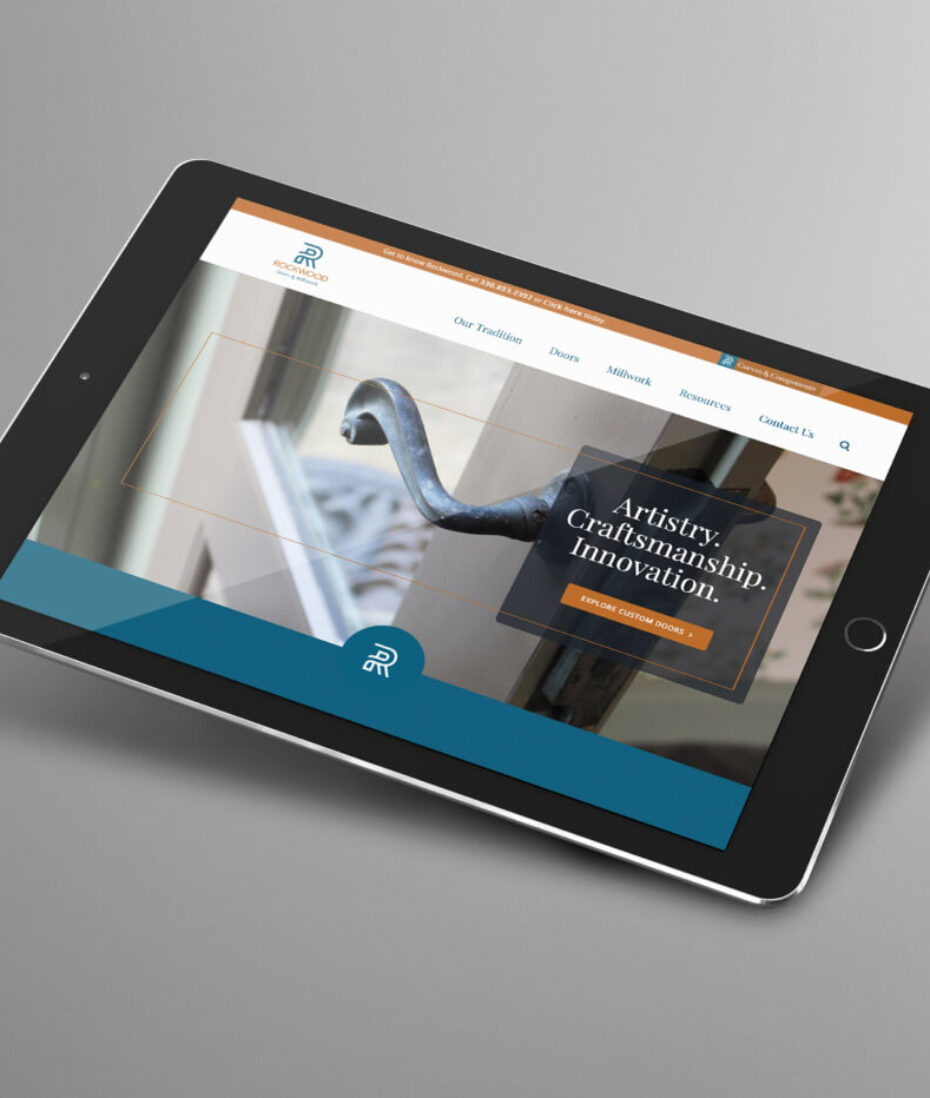
Should your company have multiple websites?
How to decide what's best for your business and a look at two examples.
Do you have two websites you’re thinking about merging? Or maybe you’re wondering if you should build a separate site for a specific service?
For companies with diverse product lines, communicating through a single website is often a challenge. One product may not fit the mold of your others, or you serve distinct audiences with unique needs. On the other hand, if you’re currently managing more than one website, you might be feeling the need to simplify your communications.
There are times it may make sense to create multiple websites for your company. However, this is the exception rather than the rule.
Costs & Benefits
As you consider the best approach for your business, here are 3 things to keep in mind.
-
Management
Operating multiple websites requires more resources. How much more? That depends on the nature of the websites and how you use them. At the very least, you’ll need to keep up with:
- Maintenance
- Hosting costs
- Security updates
- Content editing
- Analytics and Reporting
Remember, websites tend to grow over time, so be sure you’re able to keep your company information consistent and up-to-date across all of your platforms. Using the same content management system for both websites can streamline your efforts.
-
SEO
Merging your websites could boost your performance in search results. The more information on your site, the more opportunity it has to capture search traffic.
Hosting all of your content on a single domain can mean more pages, more keywords, and, if done well, more search authority. When two sites contain similar content, they may be competing with each other for search terms, and neither may be performing to its fullest potential.
If you choose to maintain separate sites, be sure they are devoted to clearly-defined topics and are supported by sufficient relevant content. Every site should have specific and unique SEO goals as well as a plan to reach them.
-
User Experience
Visitors may be coming to your website for a variety of reasons. And you want them to find the information they need as quickly as possible.
Typically, a well-planned sitemap and clear navigation will accomplish this. However, if you are serving distinct audiences with completely different needs, a separate website may make sense. The caution here is that by creating separate websites, there is the potential to also create confusion. Be sure the benefits outweigh the risks.
Case Studies

Rockwood
www.rockwooddoor.com | www.rockwoodcomponents.com
Rockwood is primarily known for its high-end doors and millwork. But the company also serves a niche market for curved wood components. While there can be some overlap between the two divisions, the audiences for these services are very different.
Cassel Bear created two websites to accomplish Rockwood’s goals. One to showcase custom doors for architects and builders. The other to introduce furniture builders and other manufacturers to Rockwood’s woodworking capabilities.
To maintain the Rockwood brand, the designs of the sites were kept consistent and a button in the header allows users to easily navigate from one to the other.
Because these sites have unique audiences, content, and SEO strategies, they allow Rockwood to tell its story in a clear and effective way.

E-Tank
E-Tank, which provides its customers with industrial tanks and pumps, had been operating two separate websites for its different product lines. Because the audience for both services is similar, E-Tank re-evaluated its strategy, choosing to merge the sites for the tank and pump divisions.
This allows E-Tank’s customers to see the company’s full product line in one place, while enhancing the site’s overall search performance.
Content was carefully audited and redirected to maintain keyword authority, and the new navigation clearly directs users to the products they’re looking for.
Our Conclusion
If having multiple websites brings clarity and simplicity to your customer’s experience, then it may be well worth the time to manage them. If it adds complexity or confusion, consider how you could improve the structure of a single site to meet the needs of your business.